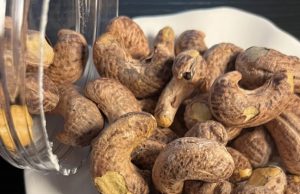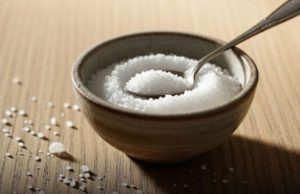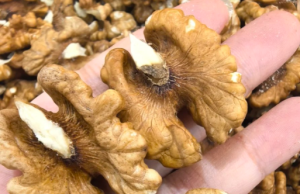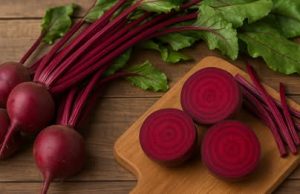
Cayenne pepper is not only a spicy spice but it also offers numerous health benefits, including its potential to prevent blood clots. Let’s take a closer look at how incorporating cayenne pepper into your diet can improve your cardiovascular health.
Enhances Circulation
The active compound in cayenne pepper, capsaicin, helps expand blood vessels and improve blood flow. This can lead to lower blood pressure and better overall circulation—key factors in reducing the likelihood of clot formation.
Fights Inflammation
Cayenne pepper’s anti-inflammatory properties help reduce chronic inflammation in the body, which plays a role in clot development. Less inflammation means a lower risk of dangerous clots forming.
Helps Prevent Arterial Plaque

Research suggests that capsaicin may assist in minimizing plaque buildup in arteries—a critical step in keeping blood vessels clear and reducing the risk of conditions that lead to clotting.
How to Include Cayenne Pepper in Your Diet
Start Small: Begin with a small pinch and gradually work your way up as your tolerance builds.
Daily Use: Aim for up to a tablespoon daily (if tolerated). Sprinkle it on meals, mix it into dressings or sauces, or use it in soups and marinades.
Make Cayenne Tea: Stir a small pinch into hot water, and optionally add lemon juice and honey for flavor and added health benefits.
Capsaicin Supplements
If the spice is too intense, capsaicin supplements offer a more controlled way to enjoy its benefits. Still, it’s best to speak with your doctor before adding any supplement—especially if you’re managing health conditions or taking medication.
Be Mindful of Side Effects
Cayenne can irritate the stomach, especially for those not accustomed to spicy food. Start slow and pay attention to how your body reacts.
Medication Interactions
If you’re taking blood thinners or medications for acid reflux, talk to your healthcare provider before increasing your cayenne intake—it may interact with certain prescriptions.
Keep Perspective
While cayenne pepper is a great addition to a heart-conscious diet, it’s not a substitute for medical treatment. Think of it as a supportive tool alongside a balanced diet, active lifestyle, and regular medical care.
Spice It Up for a Stronger Heart
Incorporating cayenne pepper into your daily routine can be a flavorful and health-boosting move. Just remember—it’s one part of a bigger picture when it comes to heart health. Stay informed, stay balanced, and enjoy the spicy path to wellness!



















